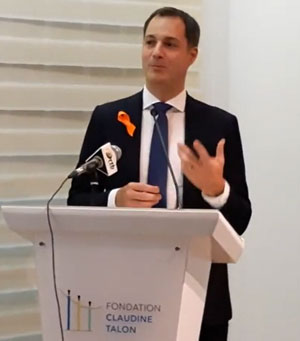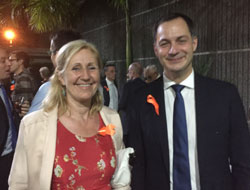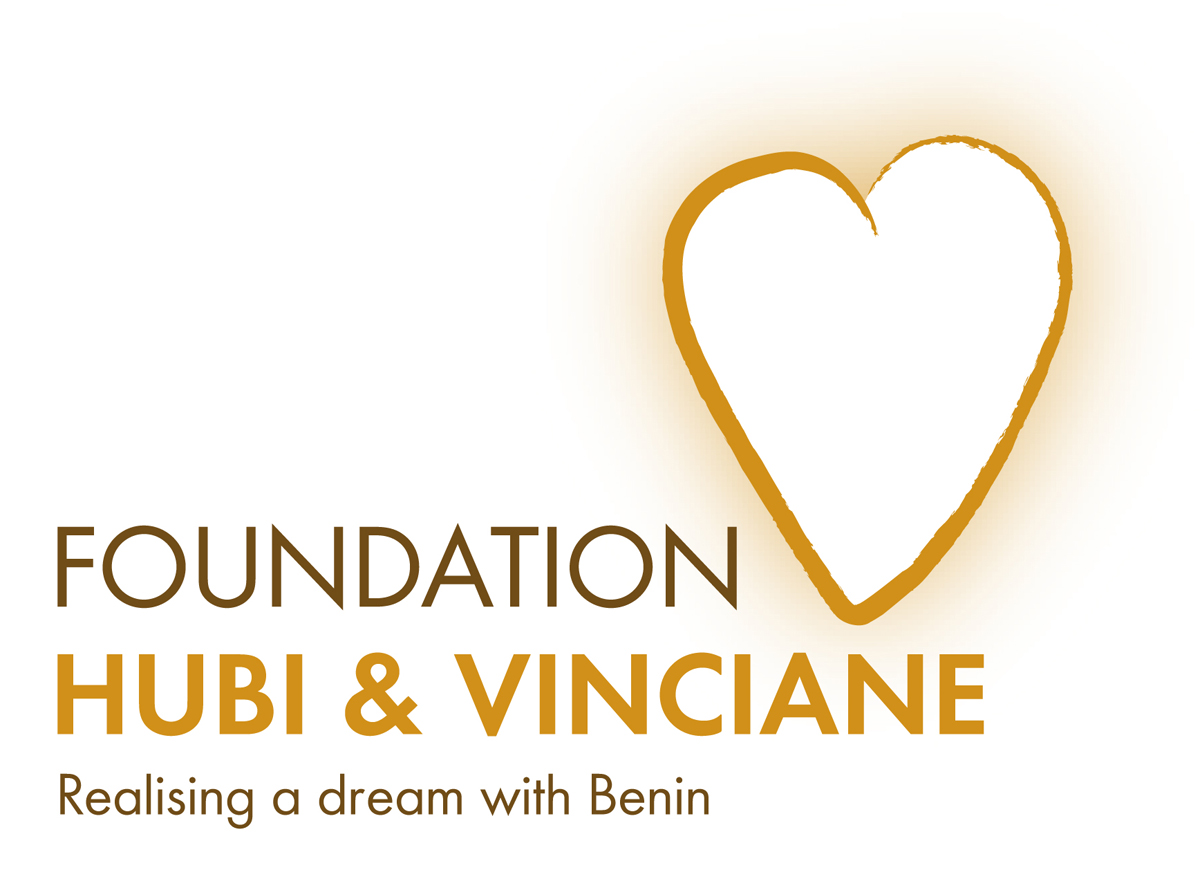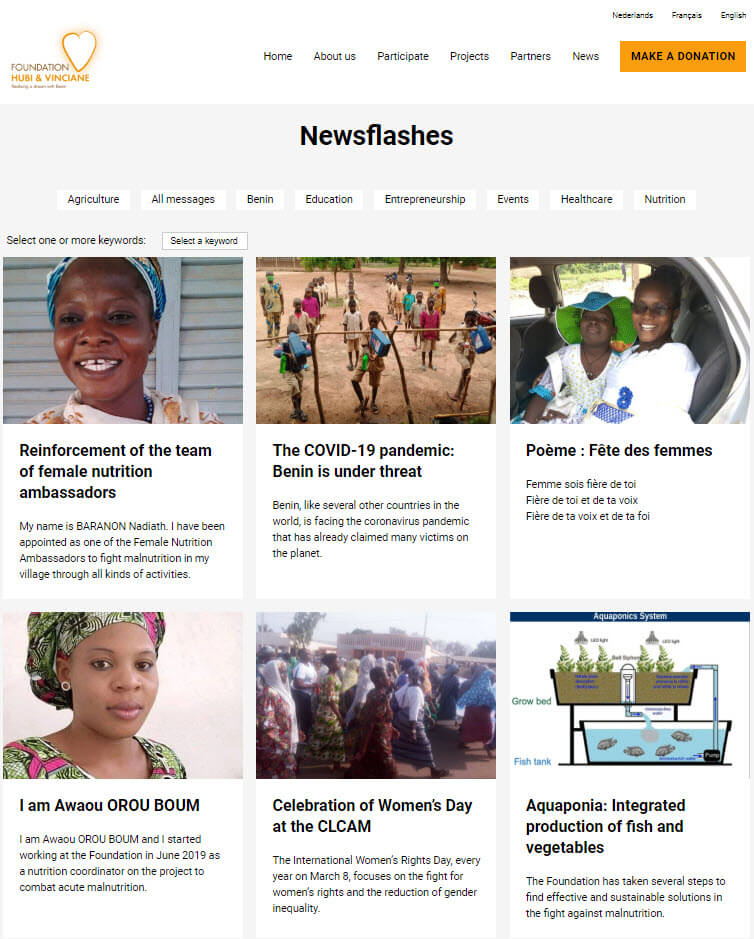Women’s Century – Initiatives in Benin
Under the leadership of Minister Alexander De Croo, Belgian development cooperation is increasingly focusing on the countries of West Africa, including Guinea-Conakry, Burkina Faso and also Benin.

On 28-29 November last, the Minister of Development Cooperation Alexander De Croo was in Benin to sign a new cooperation programme that will run from 2019 to 2023.
Over the next five years, our country will invest an average of some 12 million euros per year in Benin. This investment represents an increase of 20 percent.
The programme will focus on three priorities:
- agricultural entrepreneurship ;
- capacity development in the port sector ;
- sexual and reproductive health and rights.
Alexander De Croo: “This new cooperation programme reflects the priorities I have set in recent years in Belgian development policy: an ambitious strategy that focuses on local economic growth and pays more attention to human rights, especially women’s rights. These are the best guarantees for real and sustainable human development.“
An important priority is to improve the rights of girls and women, including their sexual and reproductive health and rights. Attention will be given to strategies for initiating behavioural change. Better access to health services and the digitization of health data should contribute to this.
In Benin, one girl in ten marries before the age of fifteen. Women have an average of five children and 15% of maternal mortality is due to unsafe abortions.
The European “She Decides” campaign launched by Minister De Croo in June 2016 in collaboration with Global Citizen, has led to important initiatives in Benin, also coordinated by some strong women including the First Lady Madame Claudine Tallon.

Some achievements were presented during a conference-debate organized by the Belgian embassy on the occasion of the Minister’s visit, in the presence of the Beninese authorities and several foreign ambassadors and their staff.
Many international humanitarian organisations such as Unicef and several Belgian NGOs, including the Hubi & Vinciane Foundation, were invited to participate in this debate.
Pascal Van Assche

